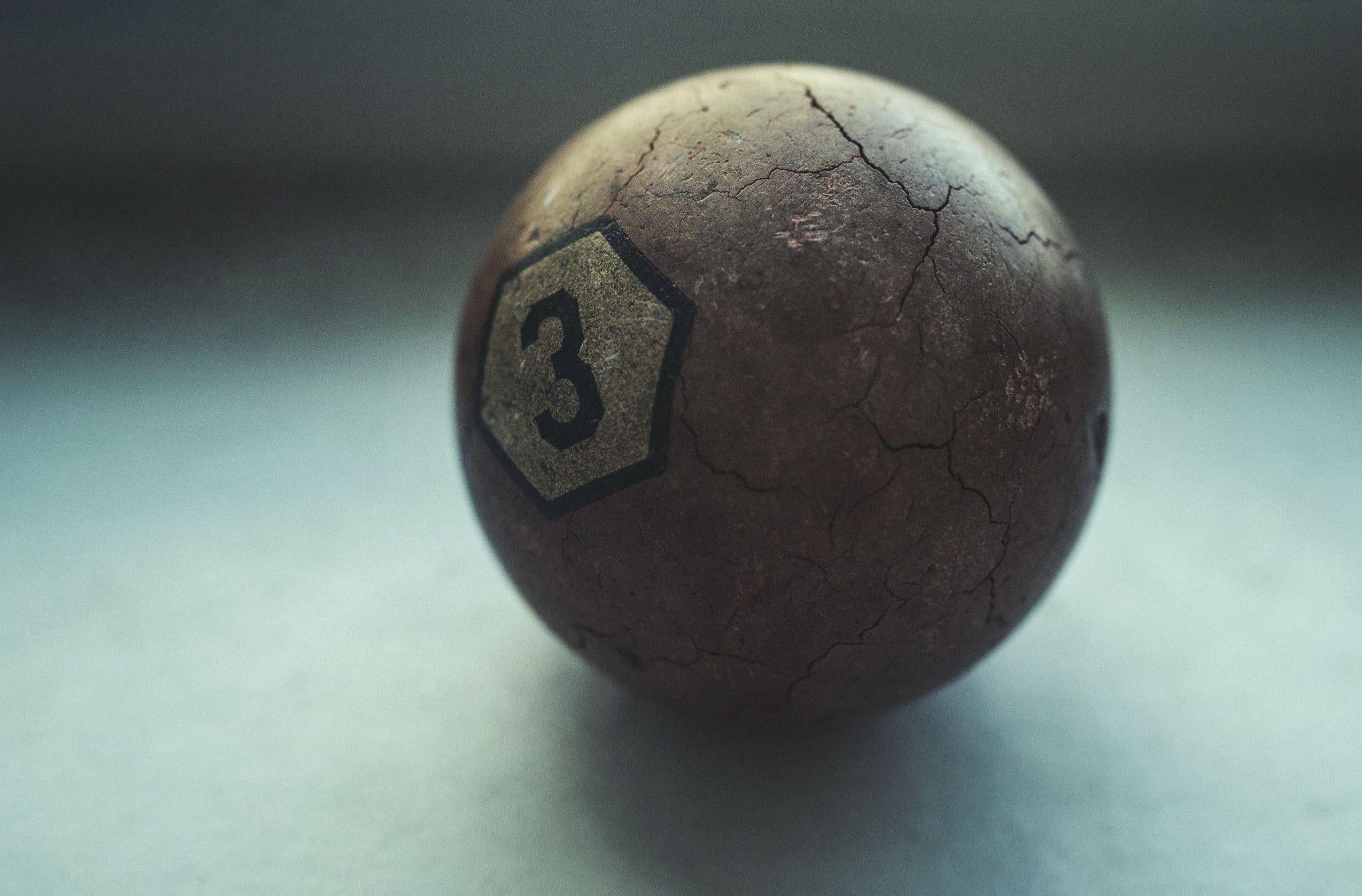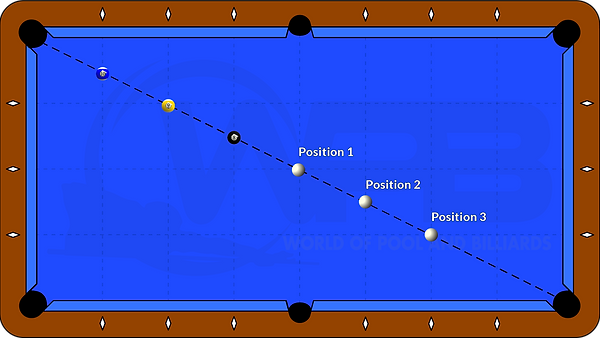
A variety of materials can be used to create pool balls. There are three main materials used to make pool balls: wood, plastic, and phenolic. Each material has its advantages and disadvantages. Despite the variety of options, phenolic-resin pool balls are generally the most durable.
Phenolic resin balls are not only strong and durable, but they also resist scratches. They are usually more expensive, but the increase in price is worth it. These pool balls are well-known for their unique feature, which includes their high density.
Phenolic Resin has been used in many industries. It is made by combining formaldehyde and phenol. To make the ball, the mixture is compressed under extreme pressure. The material can withstand extreme temperatures and has a high bonding power. In addition, the molecular structure of phenolic resin makes it more resistant to chipping. Therefore, phenolic resin pool balls can last up to five to six times longer than polyester balls.

Also, plastic compounds are considered durable and non-flammable. Plastic compounds have their downfalls. They are less shiny than phenolic-resin balls and can also lose their shine quickly. Another disadvantage is that they can cause burn marks on the table if you use them.
Plastics were in their infancy in the 19th century. Leo Baekeland, an American Chemist, discovered a chemical that could be moulded to create plastic-like substances. Bakelite was the result of his research and was used for the manufacture billiards balls. This new material was popularized as a standard for billiards.
In the United States, it became more popular during the early 20th Century, when wealthy Americans could afford to purchase them. Although it was still expensive, the material offered greater durability than wood. The material was quickly replacing wood in the production and distribution of billiards balls by the 1920s.
Today, most professional pool balls are made from plastic and phenolic resins. This material is more durable than ivory or wood. It's also slightly more expensive, but it's a great investment for anyone who plays often.

If you would like to try your hand at billiards, consider getting a set of professional pool balls. You can get a pool table accessory set that includes extra pool balls, equipment, and other items to protect your game.
Another option is to purchase synthetic materials, such as acrylic or polyurethane. These materials are less expensive but come with a few drawbacks. These materials don't lose shine as quickly as phenolic rubber balls, but they aren't as durable and can be prone to deterioration as fast. They aren't as resistant to scratching as phenolic.
A set of polyester balls is an option if you don’t need phenolic balls. Polyester balls can be cheap but aren't as long-lasting. Some balls may break. Polyester balls should only be purchased from reputable companies.